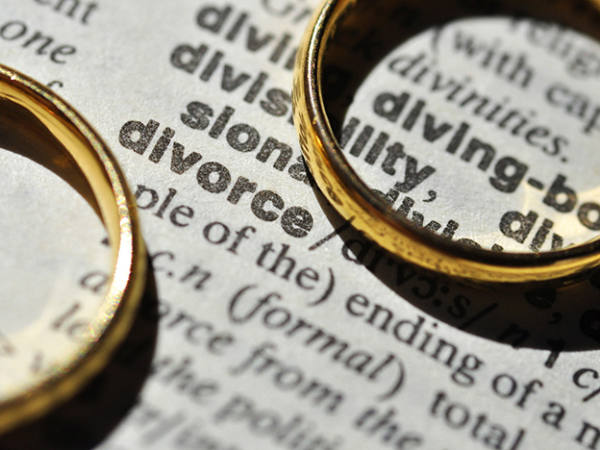"About 16 years ago my brother and I inherited my mother's house, and it has since doubled in value to around £500,000.
The title deeds name my brother and I as proprietors. My brother is British but has lived with his wife and family in the US for about 30 years. I have not lived in the house for more than 50 years, although we have modernised it and used it as a holiday home for family visits. We have never rented it out.
If we sold it, would the capital gains tax (CGT) be determined according to UK rules for both of us? And if one of us died and the house was sold, how would inheritance tax (IHT) be applied? Also, how could the proceeds be distributed fairly between the two families?"
DH
Robert Salter, associate director at Blick Rothenberg, says:
Your tax position is more straightforward and simple, but the same cannot be said for your brother. He will have UK tax reporting and additional US issues – maybe at both the federal and state levels.
As the house is based in the UK, the initial tax obligations will arise here for both of you. If it is sold, it will be liable for UK CGT. If the property is never sold, it will become potentially liable to UK IHT as a UK-sited asset.
When looking at your UK CGT and specifically IHT positions, one of the first issues to clarify is on what basis you own the property. That is, whether you are ‘joint tenants’ or ‘tenants-in-common’. For example, as joint tenants, you would own the property jointly rather than individual shares of the property. And if one of you died, the whole of the property would become the surviving brother’s property.
But, if you are tenants-in-common, each of you can be said to own a distinct share of the property which you could sell individually or pass onto other people, for example, via your wills. For the purposes of this commentary, we have assumed that you own the property as tenants-in-common and each of you has an equal share.
UK capital gains rules
According to the information you provided, you are not eligible for private residence relief as neither of you has lived in the property, and each of you would be liable for CGT on your share of the profit if you sell it.
The CGT liability would be based on the value of the property when you sell it minus:
- selling costs such as estate agent and legal fees
- the value of the property when you acquired it, and
- the value of any improvements you have made to the property
Each of you would only be able to claim relief for your share of the above costs such as improvements, when calculating your personal position. You might then be eligible for the annual capital gains allowance, which is currently £6,000 but reduces to £3,000 from 6 April 2024.
The CGT rate on the property is 18 or 28 per cent and will depend on each of your overall UK income levels. This means that, for example, one of you could be taxable at 18 per cent and the other at 28 per cent.
If one of you sold their share of the property to the other brother, the UK CGT liability would be based on the market value of the property rather than the actual sale price if the agreed sale price was less than the market value. Stamp duty land tax might also be due in this situation.
As a non-UK tax resident, your brother must complete a non-resident CGT return for HM Revenue & Customs (HMRC) within 60 days of the sale completion.
Inheritance tax rules in the UK
If you and your brother continue to own the property, it will fall into each of your estates when you die. In this situation, the asset would need to be reported to HMRC on your death and any IHT due paid. Whether any IHT was owed would depend on factors including the value of other assets in your estate.
If your brother is non-domiciled in the UK at the time of his death, he would only be liable to IHT on any UK-sourced assets. The non-UK assets, such as shares and property in the US, would be outside the scope of HMRC. But they could be liable to US estate and gift tax. If your brother has retained a UK domicile of origin he might be liable to both UK IHT and US estate and gift tax on his death.
The US position
As a US resident and presumably green card holder, in addition to the UK issues set out above, your brother would be liable to US taxes on the sale of the property or as part of his estate if he keeps the property until his death.
The UK has both a regular double tax agreement with the US to cover capital gains issues, for example, and a specialist IHT/estate tax agreement. These arrangements help to prevent double taxation in most situations. The US, for example, typically accepts any UK CGT paid on the sale of a UK property as a tax credit when assessing what US federal taxes might be due on the sale.










